It’s no secret that we have a thing for vintage rugs. Through our travels to different parts of the world, our love for rugs really began in Morocco and Turkey. We were both inspired and amazed by the craftsmanship, history, and beauty of these hand-woven rugs, and thus we felt compelled to share this excitement with those back home—upon returning to Canada, we left our 9-5's and began our Esty shop with haste. In the early days, we focused on sourcing Turkish Kilim flatweaves, as well as shaggy Moroccans. Both these styles appealed to us for their use of colour, pattern, and material, and worked well with the surge of Bohemian décor at the time. Over the years, our collection has evolved into a tightly curated assortment of the most gorgeous Persian’s, Turkish rugs, Caucasians, and the occasional Moroccan. We source rugs that fit both a minimal-modern and fun-eclectic aesthetic, so you can style them anyway you choose.

But, let’s get down to it. Finding the perfect vintage rug for our customers is what really counts—we want you to find the absolute best rug for your home and your style. We know it can be hard to know where to start when vintage rug shopping, since there are no cookie-cutter designs and sizes that you can find with new machine-made pieces. Finding the rug of your dreams can feel daunting at first, but we’re here to make it easier. We’ve outlined some things you should know when shopping for that new family addition, and also some things to consider.

Space, Space, Space
Determining the size of rug you’re looking for all depends on where you’re planning on putting it. Make sure to measure the area, and consider things like: how will the rug interact with the furniture, do I want the rug centered with any aspects of the room, and is this a high traffic or low traffic area. For example, when looking for a rug for the entryway, a lower pile is suggested because it’s easier to clean. It is not advised to have Persian rugs exposed to water, sidewalk salt, mud, ect.
Pro tip: When looking for a living room rug, these sizes are the most common: small living room 5’ x 8’, regular living room 8 x 11, and large living room 10 x 13. You can filter our rugs by size right here on our website.

Determining the Style. Here’s the low down on the rugs we source!
Persians: We LOVE Persians. Persians are considered the gold standard of knotted rugs. We carry many different authentic styles, such as Heriz, Bidjar, Tabriz, and Qashqai. These styles of Persian rugs are named after the regions of Iran in which they are made, and all are woven out of 100% wool. Persian rugs are very high quality, are made by hand by skilled artisans, and can last well over 100 years! Our vintage and antique Persians are heirlooms that are passed down through generations, and our customers can expect to carry on this tradition.
Pro tip: Most Persian rugs have a bright side and a slightly darker side, meaning the rug will look slightly brighter from one end. This gives you flexibility on how you'd like to orient the rug in your home.

Types of Persians we carry:
Tabriz: These rugs originate from the capitol city Tabriz, in the East Azerbaijan Province in northwest Iran. They often have floral motifs, and teardrop medallions. They can even depict hunting scenes! They have a wool pile, and a cotton or silk warp.
Heriz: By far our most common and favourite Persian rug, these beauties come from the city of Heriz in the northwest of Iran. The Heriz rug patterns are commonly recognized worldwide, and feature a large center medallion with marked off corner sections. These carpets are known for their high-quality wool, and this makes them extremely durable. Great for high traffic areas, consider a Heriz for a hallway runner, or dining room rug. They often are woven in larger sizes as well.
Bidjar: Bidjar is the name of a small Kurdish town, in western Iran. These carpets are often red or blue with beige elements. Known for being extremely durable, these rugs are woven super compactly because weavers use a heavy comb made out of metal and wood to beat the weft and knots tightly into place.
Qashqai: These Persian carpets are handwoven by Ghashghai nomads in Iran, and are sought after for their gorgeous design elements. These rugs are hand-knotted from fine wool, and dyed naturally from plants and minerals. The rugs are usually deep red and dark blue, and feature beige elements. These rugs are often woven by multiple people, in a team effort to create the perfect piece.

Caucasians: Loved for their bold geometry and daring use of colour, these rugs originate from the Caucasus Mountains, where over 350 tribes have resided throughout history. Balance of colour in these rugs is achieved through contrast, and you can find reds, blues, greens, and yellows working together in one rug harmoniously. These pieces are very resilient due to the high-quality wool that is shorn from sheep that graze in high mountain pastures. The wool is washed multiple times so it becomes porous—this helps it absorb the vegetable dyes better, and creates richer and more vibrant colour. Highly regarded as some of the best rug craftsmanship of all time, Caucasian rugs are some of the last rugs in which the ancient weaving tradition remains.

Turkish: Turkish rugs are highly influenced by the Greeks—back in time Greeks largely dominated carpet manufacturing. These rugs are always tied with a Turkish knot, and feature geometrical, medallion, and prayer motifs. Humans and animals are often not depicted. These rugs are famous for their spectacular lighter and mid-tone greens. Piles range from low, to medium, and often require a rug pad.

Hand-made versus Machine-made:
Everything’s a little better when it’s made by hand! So how do you know that a rug is hand knotted? The pattern on the front of the rug is consistent with and visible on the back of the rug, and the fringe is an extension of the foundation of the rug—it extends from within the rug itself (it's not sewn on after). Also, there are small inconsistencies in the weaving that should be visible on the backside.
Considering the price:
Why are vintage and antique rugs more expensive than mass produced or machine-made rugs? The answer is simple—they are made by hand, are always one-of-a-kind, and can take months to produce. The rugs with unique design, and in mint condition, are hard to come by and take time and resources to source, ship, and import to North America.
Should I buy Vintage or Antique:
It’s really up to you…any history buffs in the room? All the rugs that we source are vintage and antique. Our vintage rugs are between 40 and 80 years old, and our antique rugs are 90 years plus!
Antique rugs usually have more wear, and have a thinner, more flexible construction. A rug pad or anti slip pad is suggested in order to prevent movement of the rug on the floor. A rug pad is not necessary if not indicated in our description.

A Couple Need-to-Knows:
- All of our rugs are professionally cleaned before shipped out to our customers. I've stains occur, spot clean with mild dish soap and warm water. For pet stains, please use a pet cleaner as directed.
- Due to the handmade and vintage nature of our rugs, it's common to have irregularities. We do our best to outline these in the description of the rug.
- repairs or patching in small areas
- width differences from one end of the rug to the other
- edges of the rug are not completely straight
- minor fraying of edges / fringes
- increased wear in some areas
Photos and Lighting:
We take all of our rug photos in good natural indoor light. We do not edit our photos or adjust/brighten colours. The colours/brightness of the rug should be consistent with how the rugs appears in good natural daylight in your home. If it's a cloudy day or your home has less natural light, the rug colours and brightness will be different that what appears on our website.
The device you are viewing the rug on (phone, computer) and brightness level of your screen will affect how the rugs looks. Please turn up the brightness fully on your screen.

Lastly, if you have a specific rug colour palette, size, or design you re after that is not available on our site, let us know! You can send us an email, give us a call, or pop by our brick & mortar shop in Guelph, Ontario. After all, we couldn’t be doing all of this without you and we want you to fall in love with vintage rugs as much as we have.
**We post new rugs to our site weekly, so there’s always fresh stock coming in!**
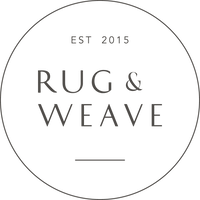









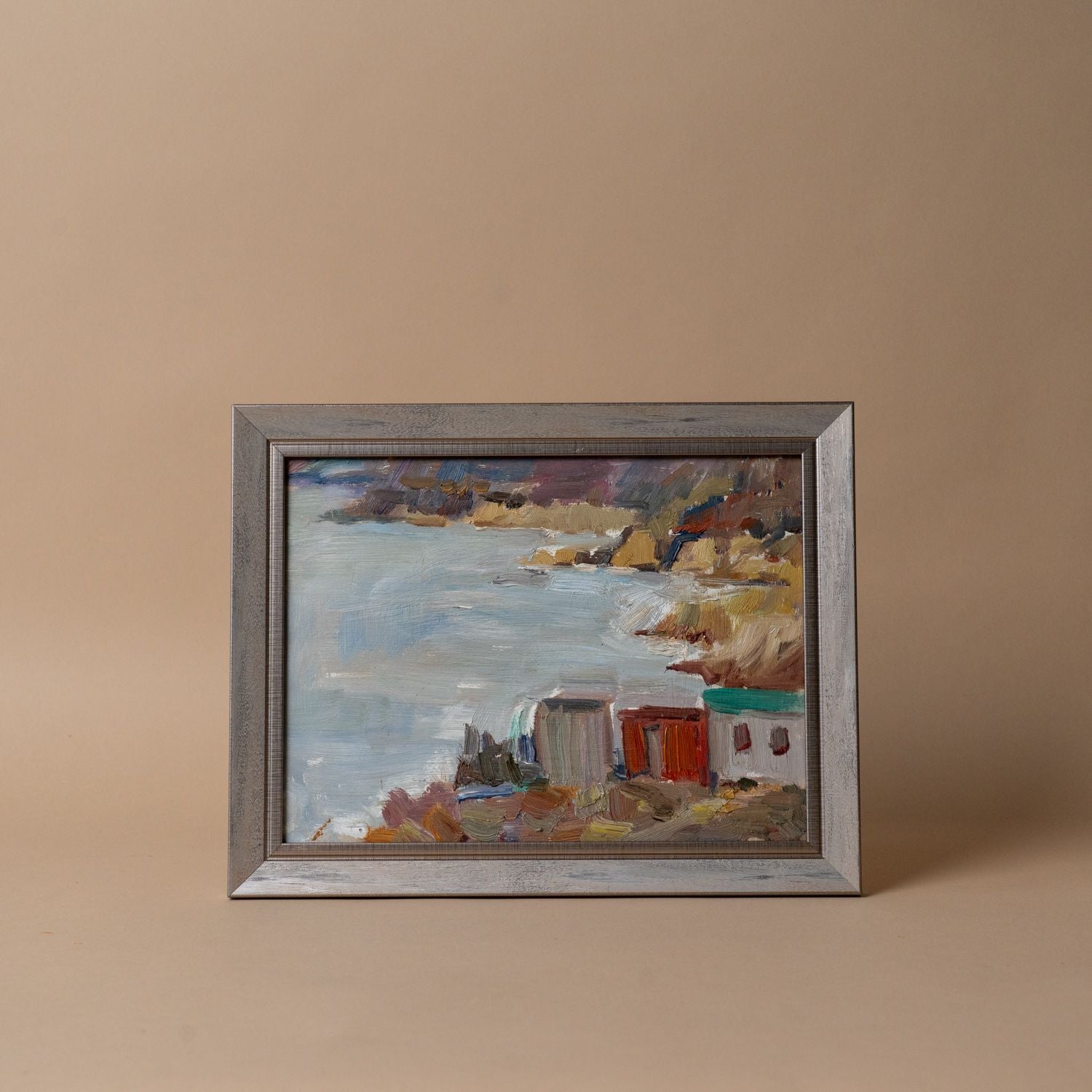
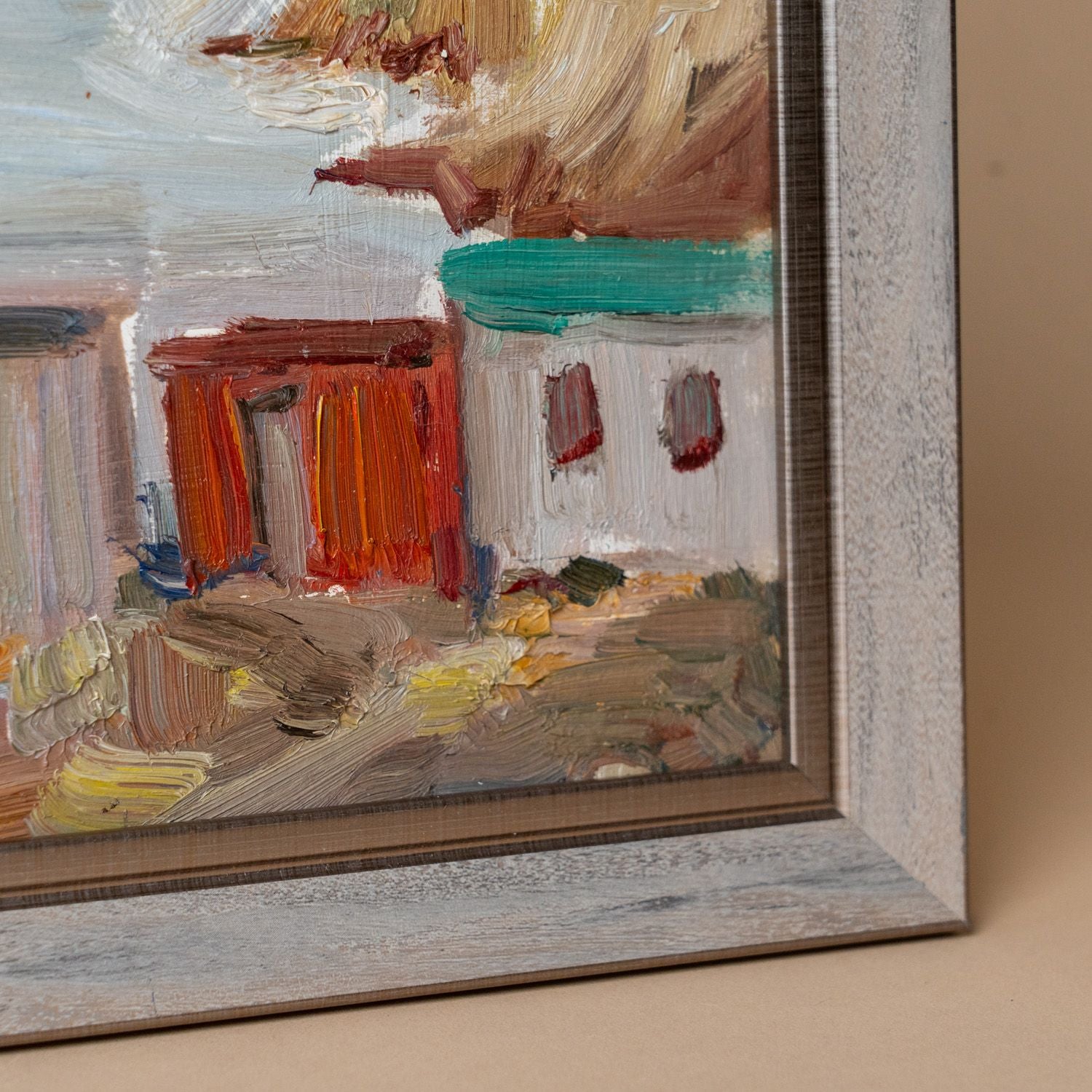
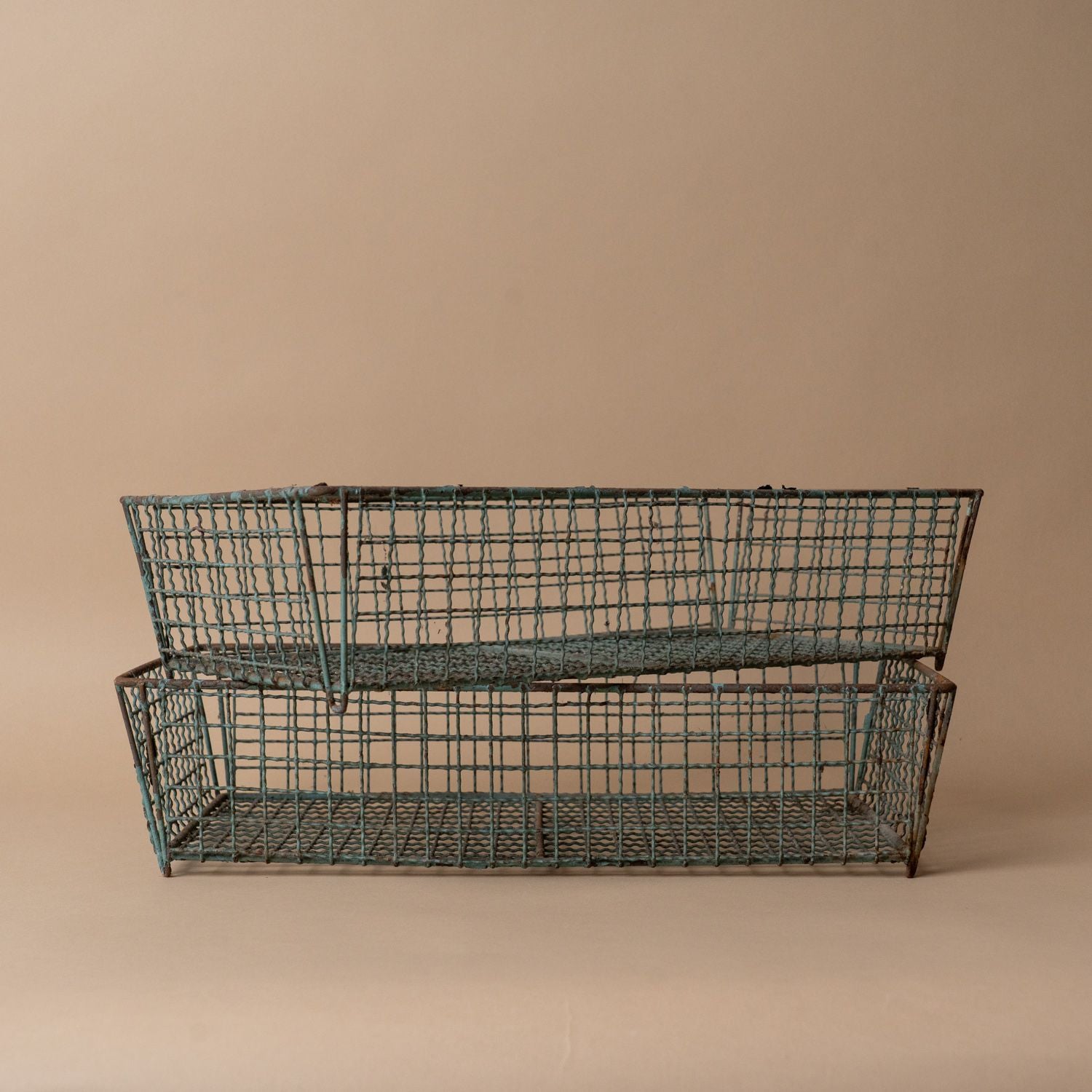
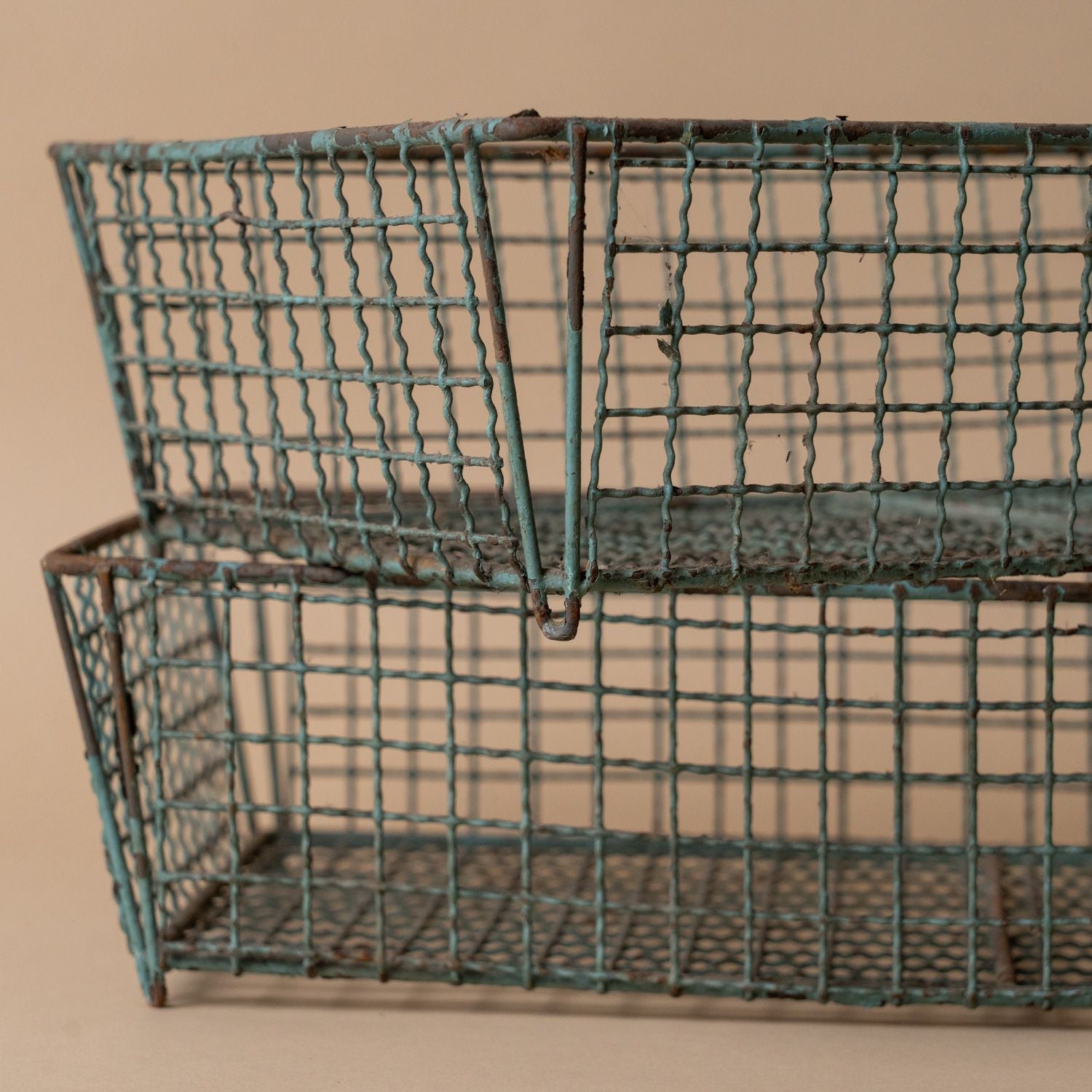




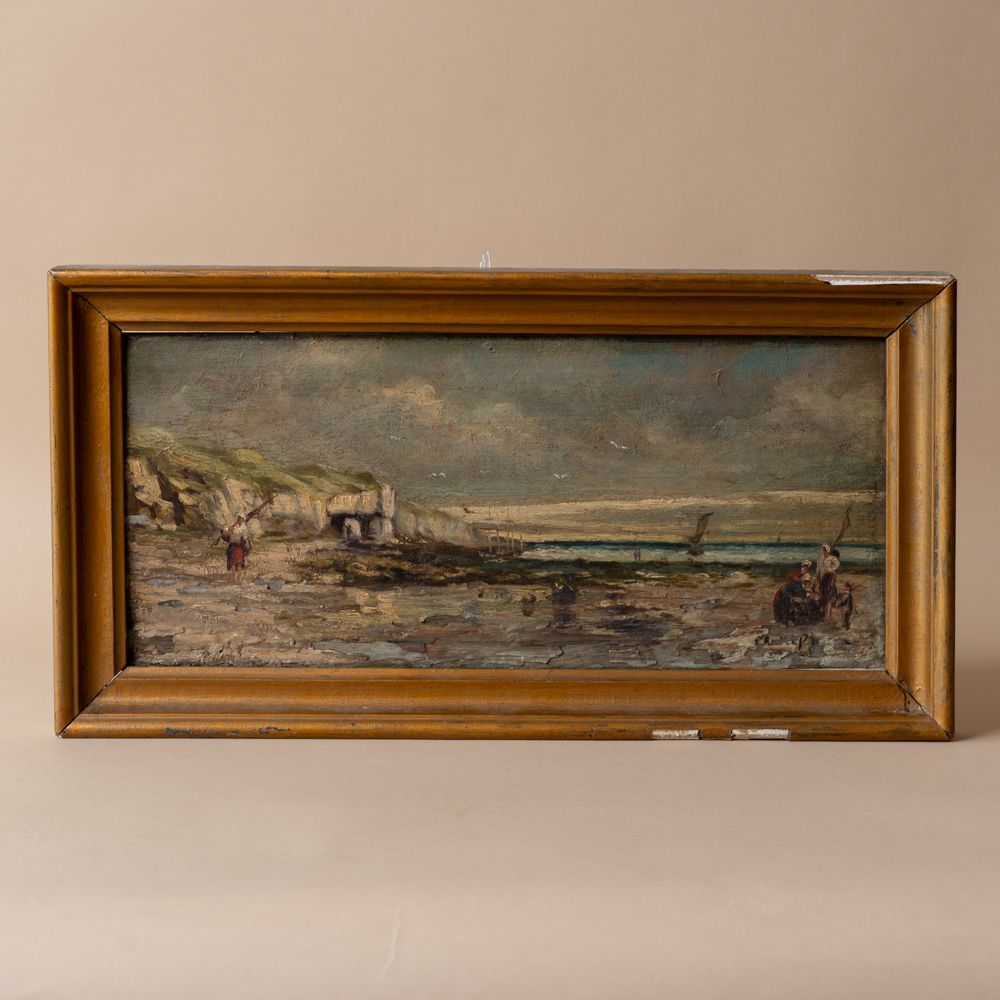
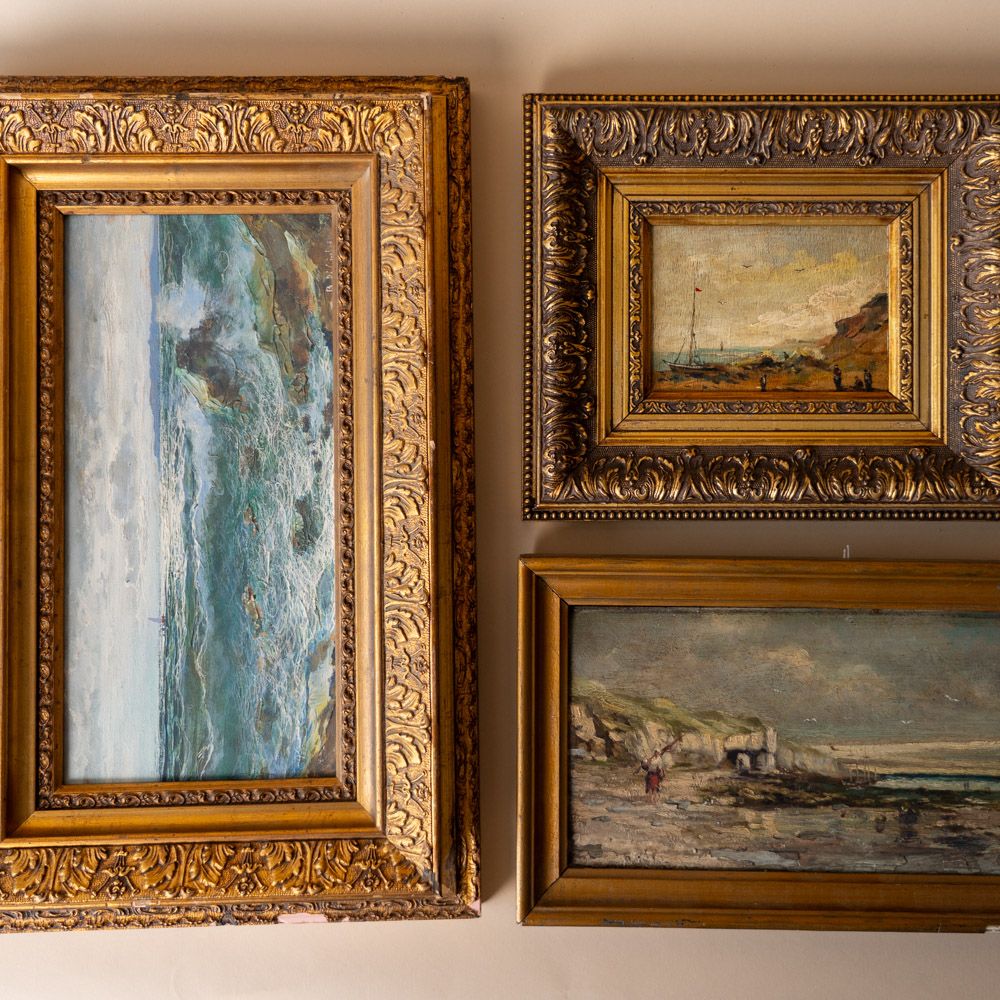
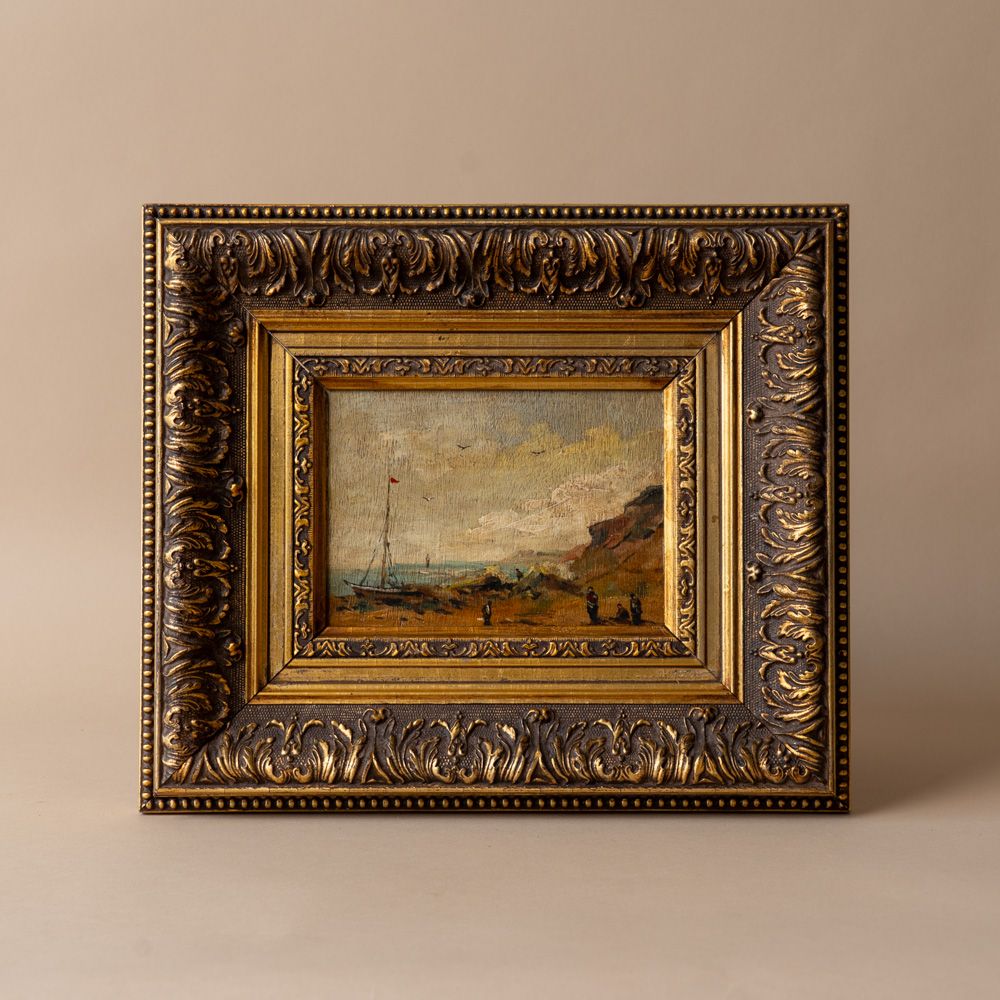
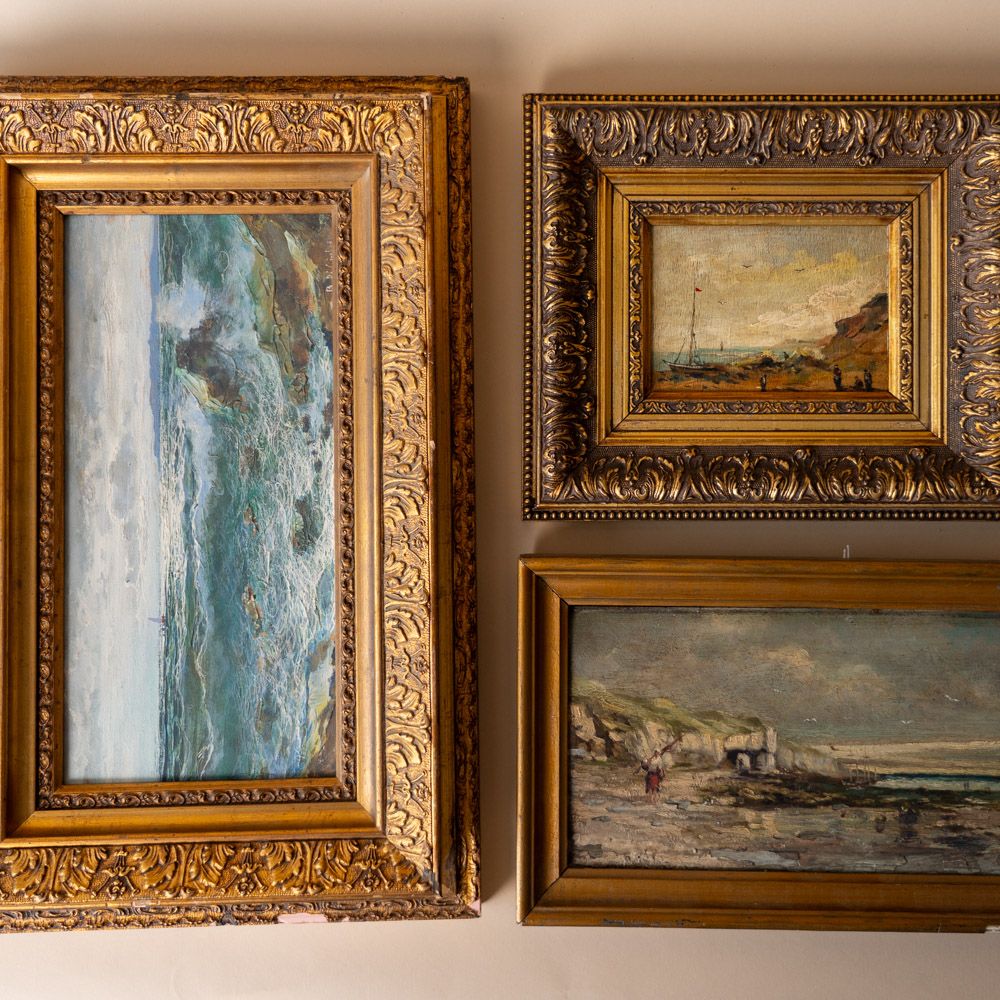
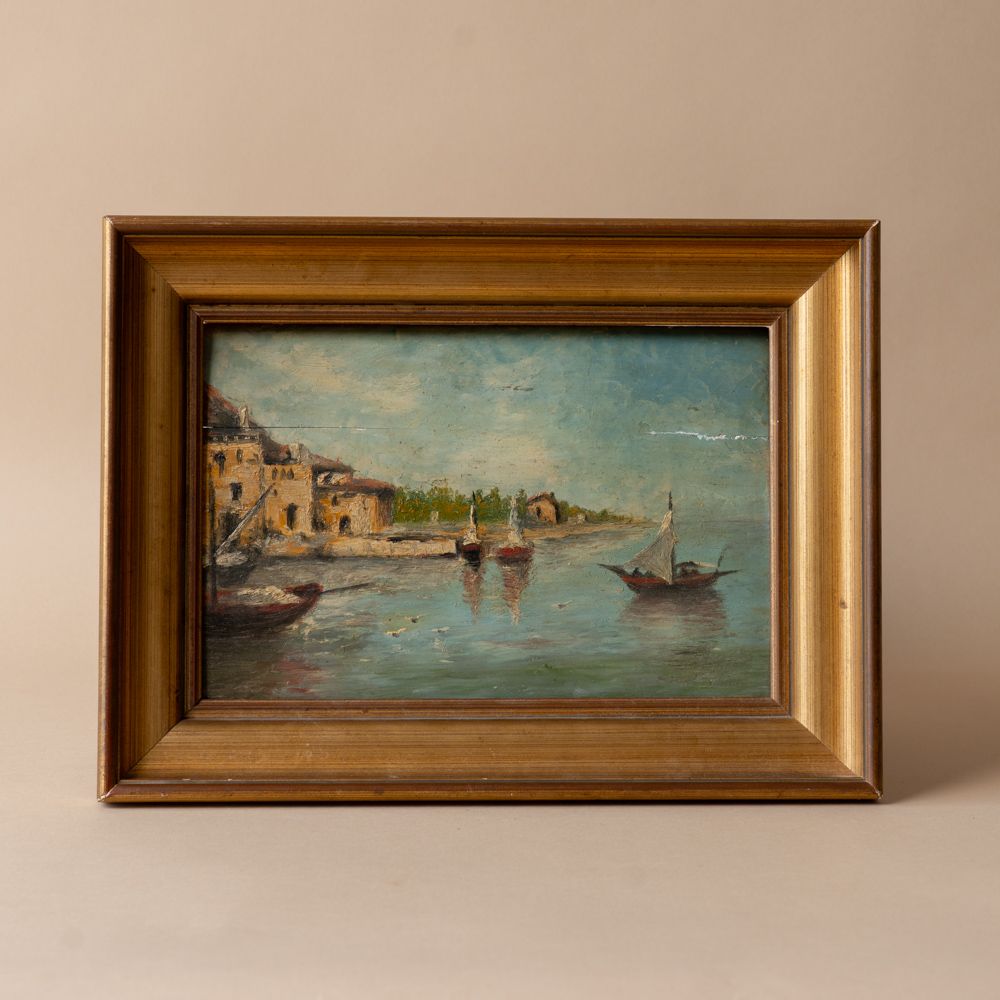
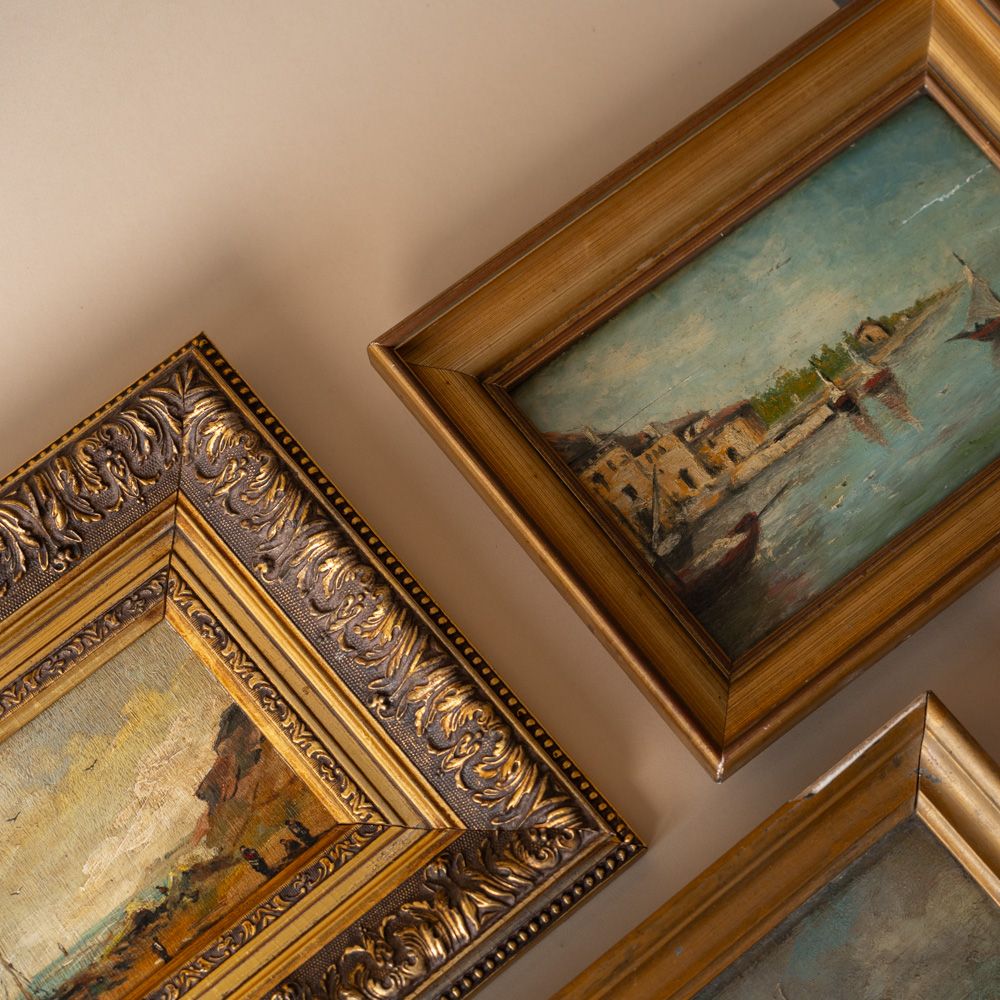
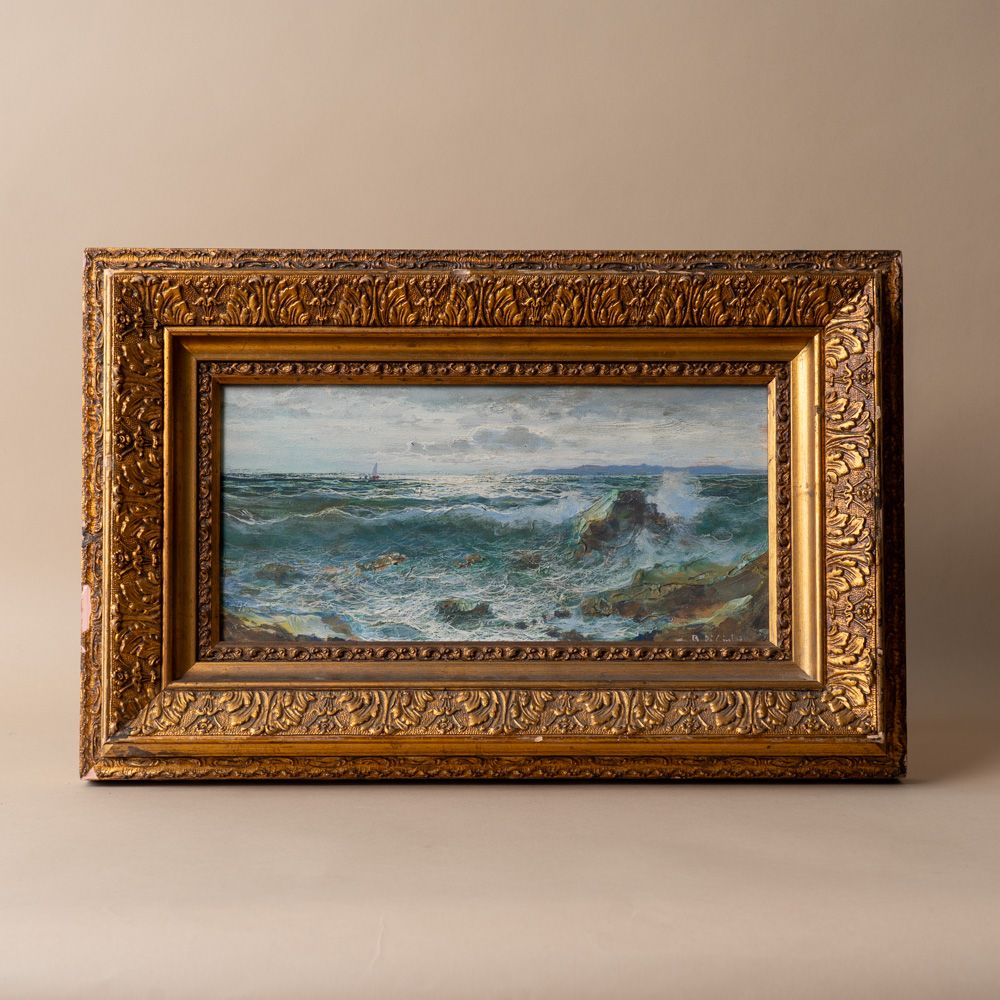
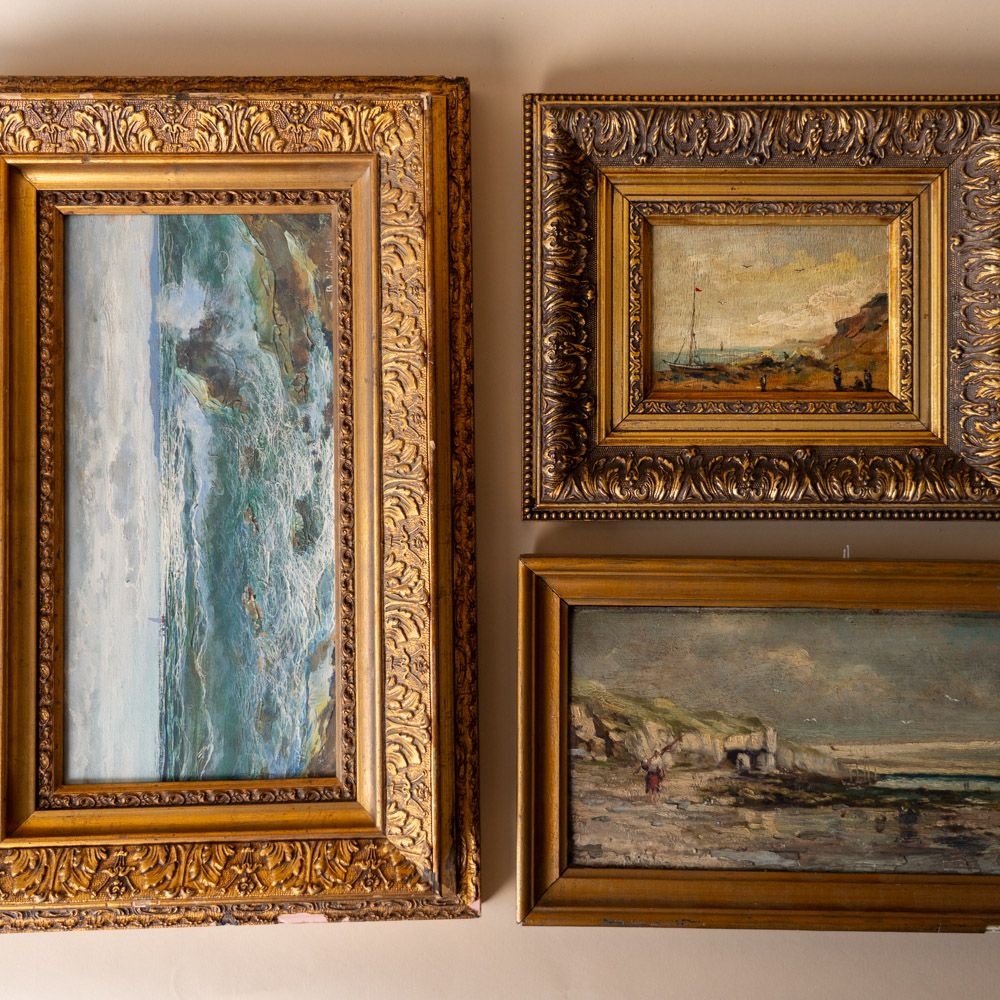
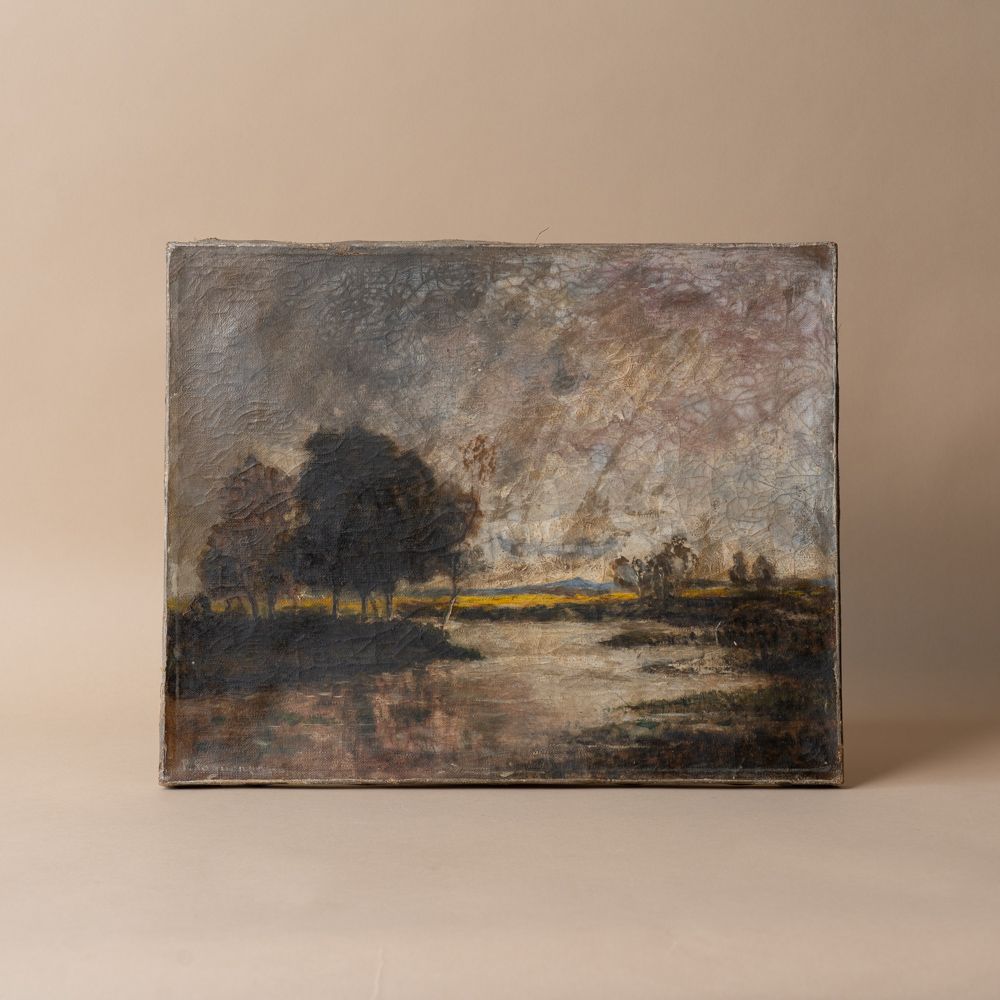


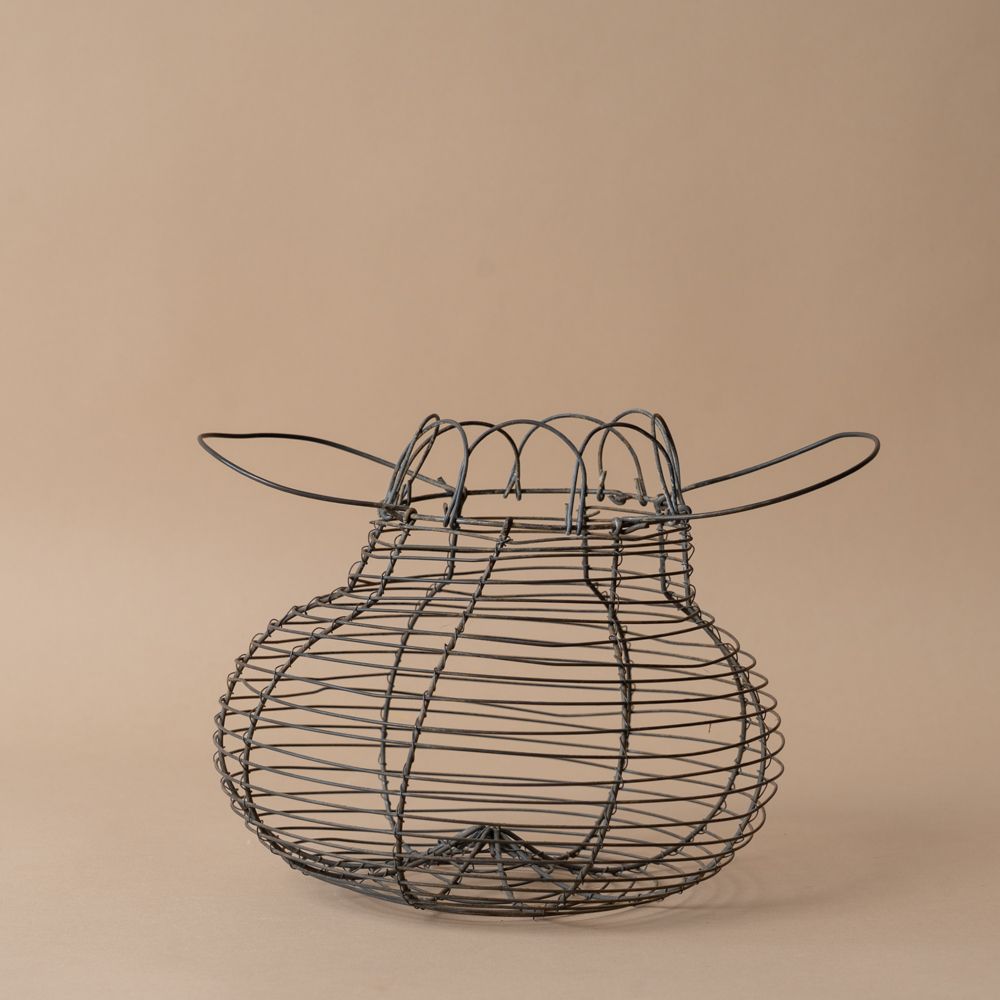
Leave a comment